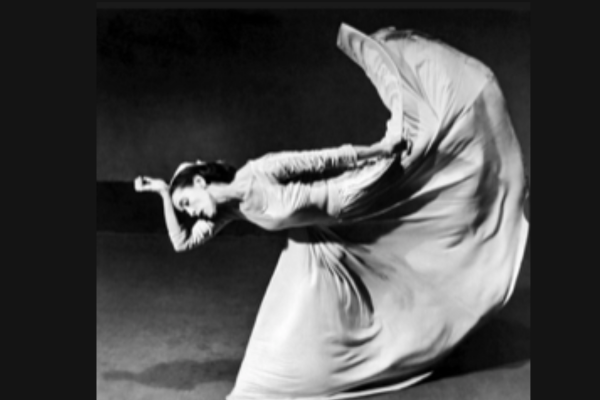
CSR Visiting Scholar Kimerer LaMothe will present her research talk, "'Hard Times Require Furious Dancing’: Decolonizing the Study of Religion and Dance" as part of the SP24 visiting scholar program events.
Over five centuries, as representatives from European countries invaded Indigenous lands across five continents, the practice of Indigenous dancing emerged time and again as a privileged site of both colonial repression and Indigenous resistance. Frequently, colonial efforts to suppress Indigenous dancing found justification in theologies and theories of religion that elevated Christianity as its most civilized form. In this talk, LaMothe sketches this historical conflict and assesses the implications for the study of religion, arguing that the task of overcoming the legacy of Euro-American colonialism will not be complete until scholars embrace “dance" as a distinctive agent of religious experience and expression. She concludes with three cases in which modern and contemporary Indigenous dancers are doing the work of decolonizing the relationship between religion and dance.
This event is free and open to the public. Co-sponsored by the Melton Center for Jewish Studies and the Department of Dance, with support from the Center for Folklore Studies.
Kimerer LaMothe, dancer, philosopher and scholar of religion, is keen on advancing the field of religion and dance. She is the author of six books, including Why We Dance (Columbia University Press), as well as numerous peer-reviewed articles and book chapters. LaMothe earned her PhD in Christian Theology of the Modern West from Harvard University before teaching at Brown and then Harvard for six years. Following a dream, she moved to a small farm in upstate NY, where she co-founded Vital Arts, a center for arts and ideas. LaMothe has received fellowships from the Radcliffe Institute of Advanced Study, the Harvard Center for the Study of World Religions and the Lower Adirondack Regional Arts Council (twice). Recently, Kimerer wrote the book, lyrics and music for Nietzsche, a full-length musical based on the life and legacy of the philosopher Friedrich Nietzsche and his sister Elisabeth. For more information, go to www.kimererlamothe.com
The Humanities Institute and its related centers host a wide range of events, from intense discussions of works in progress to cutting-edge presentations from world-known scholars, artists, activists and everything in between.
We value in-person engagement at our events as we strive to amplify the energy in the room. But we also recognize the fact that not all our guests will be able to visit our space. Zoom access will be available to this event upon request. If you wish to have such access or have any other accommodation request, please send your request to Megan Moriarty: moriarty.8@osu.edu.
